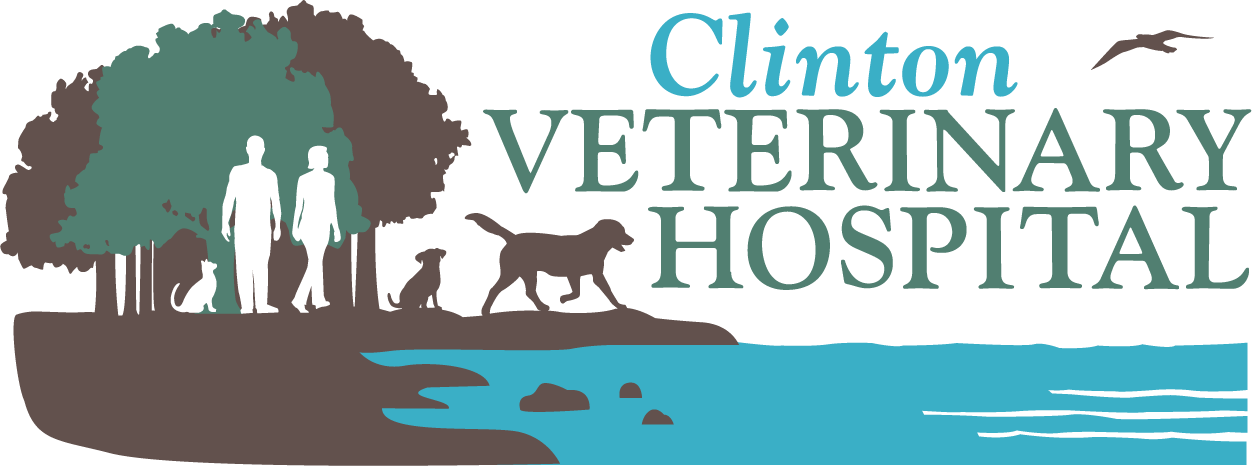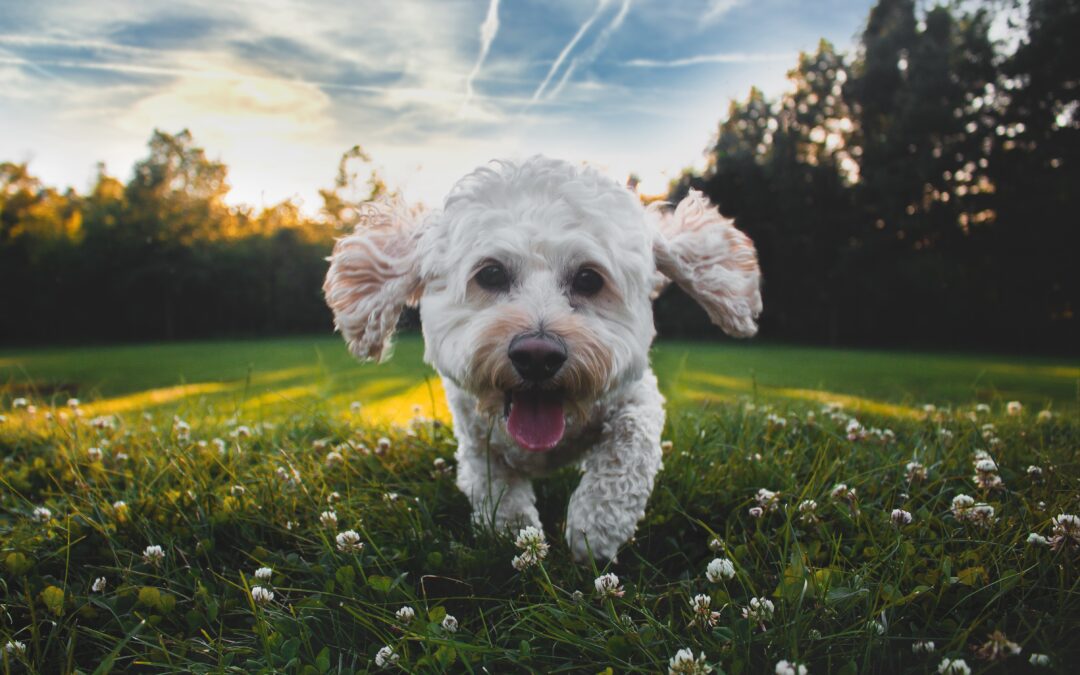Enjoy the Outdoors with Confidence: Top 4 Dog Park Safety Tips for Responsible Pet Parents
The dog park can be a dangerous place for the unprepared, so when venturing into an off-leash play area with your canine companion, follow our tips to keep them safe.
#1: Protect your dog against infectious diseases
Reputable dog parks require proof of vaccination before granting access, so your dog will need—at a minimum—to be current on their rabies, distemper, parvovirus, and bordetella vaccinations. Canine influenza, parainfluenza, and leptospirosis vaccinations also may be required or recommended, so ensure your pup is up to date before heading to the park.
#2: Visit during off-times
After the workday concludes, dog parks become particularly crowded, bustling with enthusiastic dogs eager to expend their pent-up energy. During this time, when dogs are overly excited, they are less inclined to adhere to proper canine manners, leading to instances of bullying and conflicts. To ensure a more peaceful exercise session for your dog, it is advisable to choose a less busy time when the park is less crowded. This way, your dog can freely enjoy their playtime without having to worry about a pack of dogs closely following them while chasing a ball.
#3: Double up on identification
Although it’s unlikely your dog will slip out of the double gate at the entrance to the park, accidents can happen. Ensure a happy reunion with your furry friend by outfitting them with several identification forms, including collar ID tags, a collar embroidered with your phone number, and a microchip.
#4: Watch for warning signals
Dog parks are not the place to teach socialization skills, so keep a sharp eye out for inappropriate behaviors or signs that your dog is uncomfortable. Stress, anxiety, and fear can appear in your dog as:
- Running away
- Tucked tail
- Freezing
- Excessive drooling
- Panting disproportionate to activity
- Trembling or shaking
- Cowering or exposing their abdomen
- Clingy behavior
- Lip licking
- Whale eye
- Raised hair
- Reactivity or aggression (e.g., barking, growling, nipping)
At the first hint of unease from your dog, leave the dog park before things escalate.
Not all dogs are suited for off-leash dog parks. Some dogs prefer individual socialization or independent exploration rather than being in a large group of lively dogs. Regardless of your dog’s socialization preferences, it is important to prioritize their protection against infectious diseases and parasites through regular preventive care. Feel free to contact our team to arrange your dog’s annual wellness visit and ensure they receive the necessary updates and care they need.

